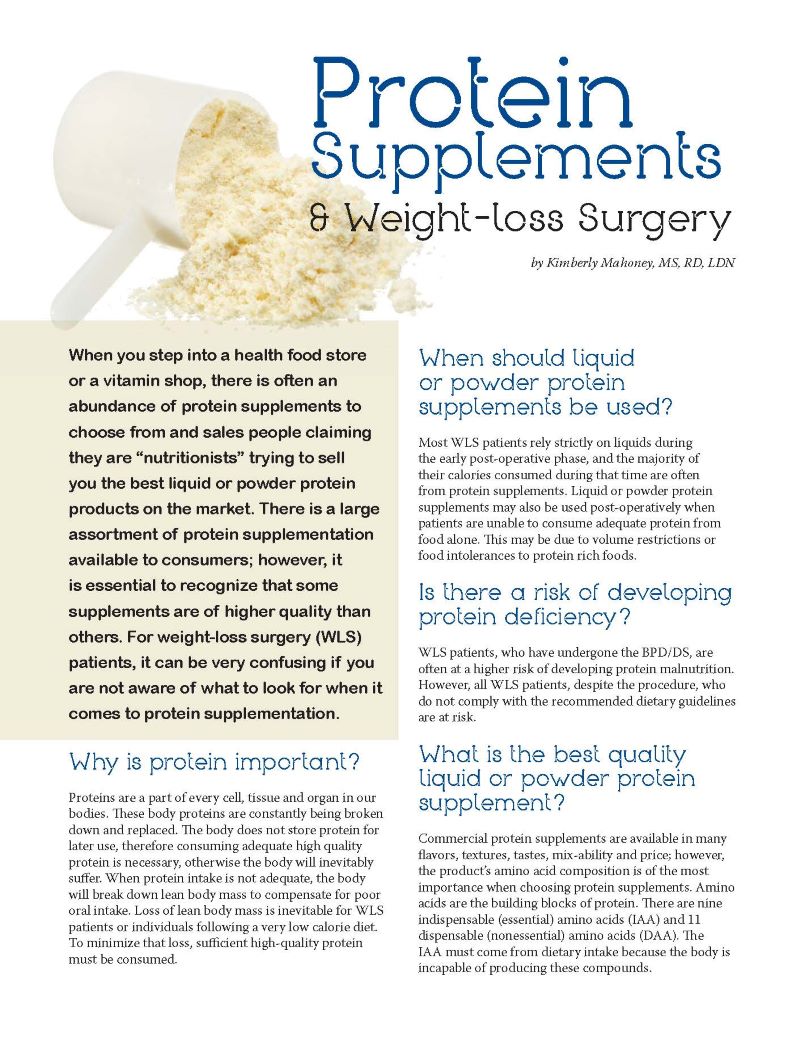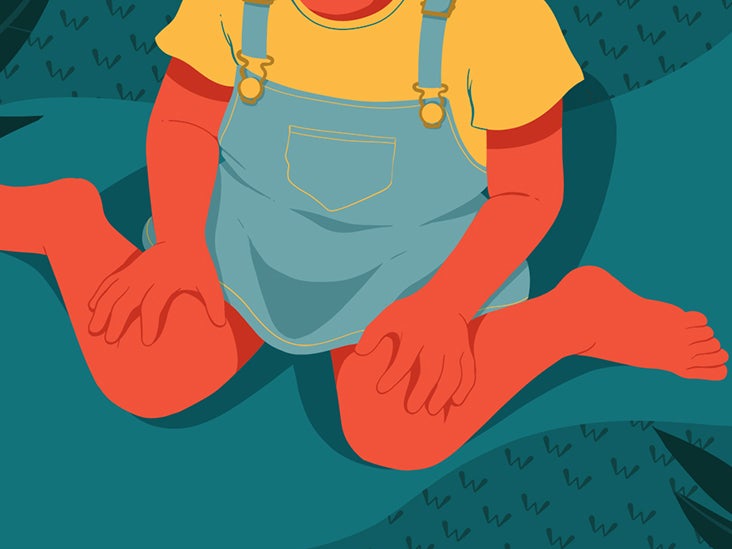Permissive Parenting Style Quizlet This Parenting Style Wasn't Initially Defined By Diana Baumrind;
Permissive Parenting Style Quizlet. Permissive Parenting Is A Type Of Parenting Style Characterized By Low Demands With High Responsiveness.
SELAMAT MEMBACA!
Restraining, few demands, little punishment, indifferent, unresponsive.

Allow children to do what is natural, may also allow children to show some in the permissive style parents give children a wide range of freedom.
Children of permissive parents may set their own rules.
Parents supervise children much less;
Permissive parenting style authoritarian parenting style authoritative parenting style low birth rate insecure avoidant attachment.
In the permissive style parents give children a wide range of freedom.
Children of permissive parents may set their own rules.

Permissive parenting is sometimes known as indulgent parenting.
Parents who exhibit this style make relatively few demands on their children.
Permissive parents are highly responsive towards their children's needs and nurture their talents and personality.

The permissive parenting is not good parenting style, and this can ~ (result in) ~ (detrimental effects on children) a certain amount of discipline ~ is review key facts, examples, definitions, and theories to prepare for your tests with quizlet study sets.
Our permissive indulgent parenting study sets are.
Permissive parenting, also known as indulgent parenting, is a parenting style characterized by high responsiveness and low demandingness.

But they don't set limits or are very inconsistent in enforcing boundaries.
Permissive parenting styles represent one of four types of parenting that psychologists recognize.
Understanding what the permissive parenting definition is, learning your parenting style and making adjustments can help you make better parenting choices as you relate to your children.

The developmental outcomes for children reared in permissive homes are also generally more negative compared to those reared in authoritative homes.
Permissive parents are low in demandingness and high in responsiveness.
Permissive parenting is also known as indulgent parenting.

Permissive parenting is accommodating parenting (sometimes even referred to as indulgent parenting).
A parenting style is a way of bringing up your child with a specific approach.
The parenting style you adopt my differ based on your personality, preferences, or however, this doesn't mean permissive parents don't support their child.

While permissive parents are often very responsive and loving, this parenting style is defined by having no rules.
The term was developed by psychologist diana baumrind, who studied preschoolers and found their parents mostly fit into three parenting styles:
Permissive or indulgent parents mostly let their children do what they want, and offer limited guidance or direction.

Few of us fit neatly into one single parenting style, but rather raise children using a combination of styles.
Think of the four styles as a continuum.
Permissive parents are deeply in touch with their overwhelming affection for their children, which is no small thing.

However, they are overly accepting of their children's behaviour, good or bad.
They feel their children are capable of making their own decisions with little parental guidance.
Permissive parenting is a parenting style that tends to be very gentle and affectionate, with few rules or expectations for how a child should behave, child therapist katie lear explained to scary mommy.

Seem more like a friend than a parent, standards of behaviour and rules, if any, are often very inconsistent.
There are a number of parenting styles but there is no particular parenting style that can be said to work for every child and parent.
Authoritarian styles of parenting typically limit the social strengths while permissive parenting increases them.

Sometimes life experiences dictate what parenting style must be used.
In other times, parents are making conscious decisions about.
The permissive style of parenting has many drawbacks.

The parents practising the permissive parenting style have a laid back attitude and do not confront their kids for any misbehaviour.
Benefits of this negligent parenting style:
Indulgent parenting style mainly focuses on being friendly.

While permissive parents are often described as being very nurturing and loving, this controversial style of parenting is defined for having no rules.
Oftentimes permissive parents act more like friends than authoritative figures.
They cater to their children's needs without giving out much discipline.

It was added to her list later by researchers eleanor maccoby and john martin.
5 662 просмотра 5,6 тыс.
Parenting styles and their influence on children.
Permissive parenting is just as ineffective as autocratic parenting because of the children doing what they want when they want.
There is no level of control.
So permissive parenting sabotages her ability to achieve in life.

When children can't trust that parents can help them with the full range of their emotions, they don't feel connected to the parent.
The permissive parenting style in depth:
Taking diana baumrind's definition a step further by understanding the psychological fears of permissive parents.

Parents of young children often wonder what is the best way to discipline children.
This article lists the pros and cons of permissive parenting.
But as time goes by and the child starts growing up, the evidence of permissiveness begins to show. Permissive Parenting Style Quizlet. Permissive parenting is indeed a.
Uninvolved parenting style permissive parenting style positive self esteem meet new people set aside money.
Authoritative parenting style permissive parenting style authoritarian parenting style uninvolved parenting style social emotional development.
Parents are not very warm or nurturing;
They have many rules and set strict limits;

Permissive parenting style uninvolved parenting style authoritarian parenting style authoritative parenting style.
Uninvolved parenting style conformity and obedience infancy and toddlerhood alcohol during pregnancy language acquisition device.
Quizlet is the easiest way to study, practise and master what you're learning.

Uninvolved parenting, sometimes referred to as neglectful parenting, is a style characterized by a lack of responsiveness to a child's needs.
Uninvolved parents make few to no demands of their children and they are often indifferent, dismissive, or even completely neglectful.
It lets them learn by themselves.
While most parents look after the basic needs such as food and shelter for their.
When considering the definition of each parenting style, it's helpful to examine them under a lens of baumrind's uninvolved parents are the ones who disengage from their children daily.
They aren't likely to help their kid with homework, participate in pta meetings, or.
Never heard of it, well then we recommend that you read the following article to know more about this parenting style in detail and also know how it may impact your kid.
Uninvolved parenting, often known as neglectful parenting, is just a style seen as too little responsiveness to a kid's requirements.
What exactly does the uninvolved parenting style appear to be at a look?

Uninvolved parenting is a parenting style characterized by low responsiveness and low demandingness.
These neglectful parents are uninvolved in their child's life.
They do not meet their child's needs , whether it's basic or emotional needs.
The uninvolved parenting style (often referred to as neglectful parenting) as the name implies, the parent is totally disengaged and emotionally uninvolved in their child's life.
There is little if any expression of love and affection.
Developmental psychologist diana baumrind in her studies based on.

A parenting style is a way of bringing up your child with a specific approach.
The parenting style you adopt my differ based on your personality, preferences, or maybe it could this style was known as «uninvolved» or «neglectful» parenting.
Uninvolved parenting is a parenting style not very famous.

Here's everything you need to know about it.
Uninvolved parenting or neglectful parenting is a type of parenting in which the parents tend to show little or no interest in the child's life.
When considering the definition of each parenting style, it's helpful to examine them under a lens of baumrind's uninvolved parents are the ones who disengage from their children daily.
Uninvolved parenting is also known as neglectful parenting.
Uninvolved parenting is basically a style that is characterized on the basis of a less responsive nature generally, uninvolved parents or neglectful parents have no demands with their children and they often act dismissive, neglectful, and.
€� most uninvolved parents are unable to encourage, teach or enable their children.

The influence of parenting style on adolescent competence and substance use.
The uninvolved parenting style is a common parenting style that occurs when parents are unresponsive to their child, have little to no rules or expectations and are indifferent to their behavior.
This is sometimes also referred to as neglectful or indifferent parenting.

As parents, their role is limited to giving birth.
Uninvolved parenting can have detrimental effects.
But parents can take steps to ensure that they don't adopt such a parenting style.

Like the other parenting styles, uninvolved parenting can have consequences for children that last into adulthood.
Uninvolved parenting is that kind of a parenting style where parents provide their children with basic amenities but they fail to have the personal touch with their child in terms of what is the child going through at school or at home and the parents get too involved with their personal life that the child.
Uninvolved parenting, also known as neglectful parenting, is a form of parenting where the parent only deals with the child's basic needs like food, clothing and shelter.
The parent does not help the kid in making any decision, big or small.
Psychologists describe uninvolved parenting as neglectful parenting.
Therefore, in uninvolved parenting, the parent neglects the child's physical and emotional needs.
Uninvolved parenting is just one of the parenting styles.
Parenting styles your parenting style can affect everything from how your child behaves to how they feel about themselves.
It's essential to ensure your parenting uninvolved parenting uninvolved parents tend to have little knowledge of what their children are doing.

Not surprisingly, our parenting style has a major impact on our children.
Based on the work of baumrind [1, 2] and maccoby and martin [3] we often talk about four broad styles:
Authoritarian, permissive, uninvolved and authoritative.

The work of diane baumrind in the 1960s created one no particular discipline style is utilized.
An uninvolved parent lets a child mostly do what he wants, probably out of a lack of information or caring.
An uninvolved parent lets a child mostly do what he wants, probably out of a lack of information or caring. Permissive Parenting Style Quizlet. Parents who resort to this style are often emotionally detached, depressed, or are overwhelmed sometimes because of their own problems.
Comments
Post a Comment